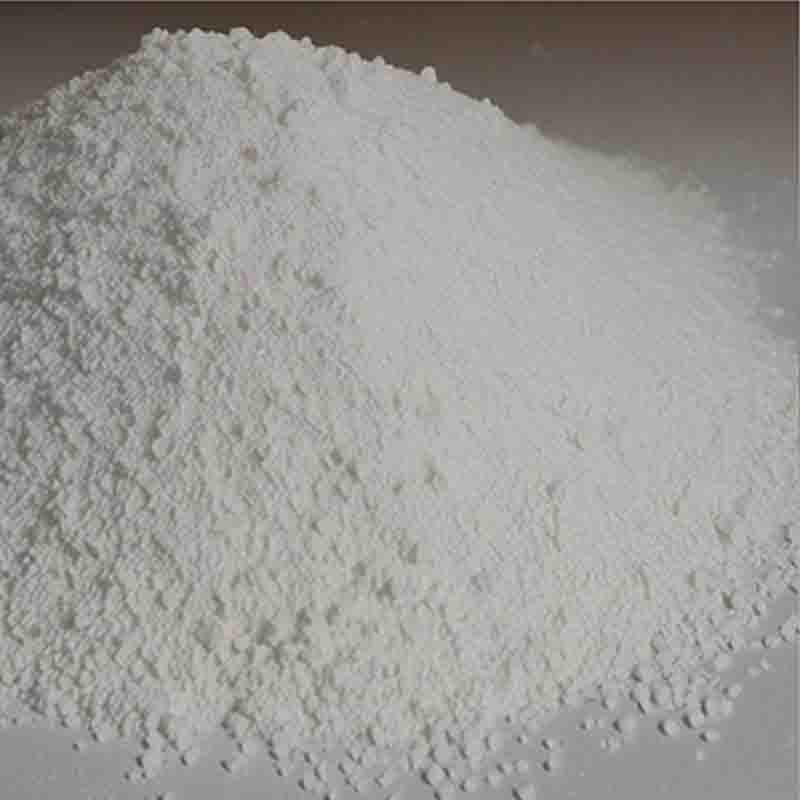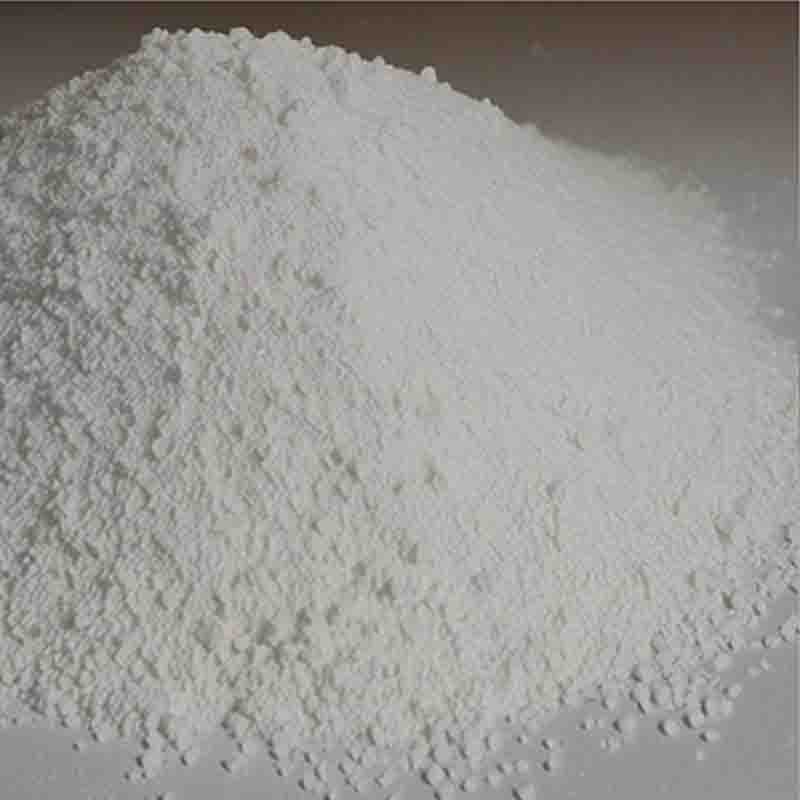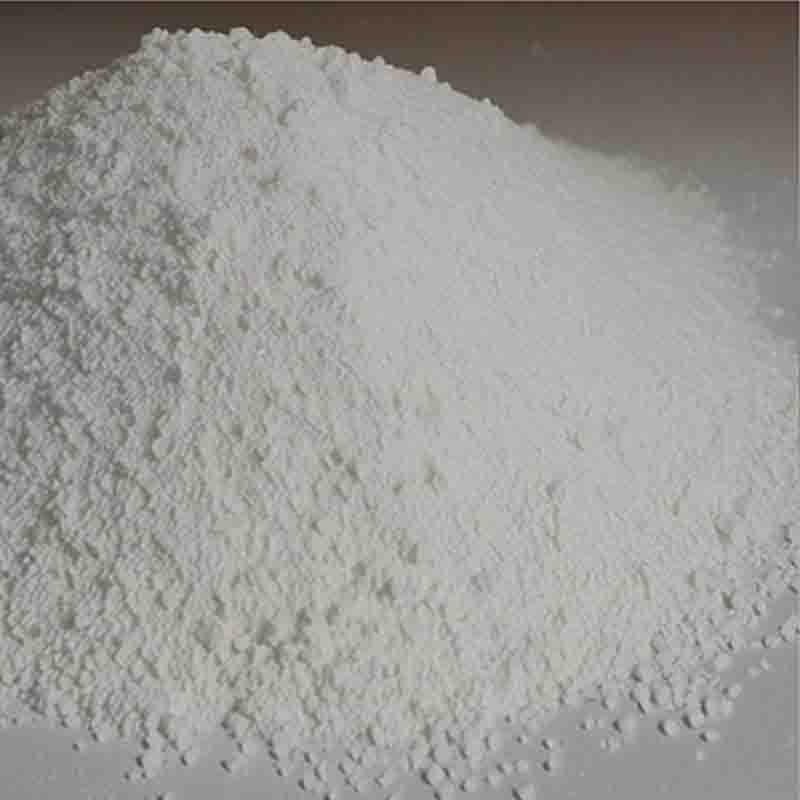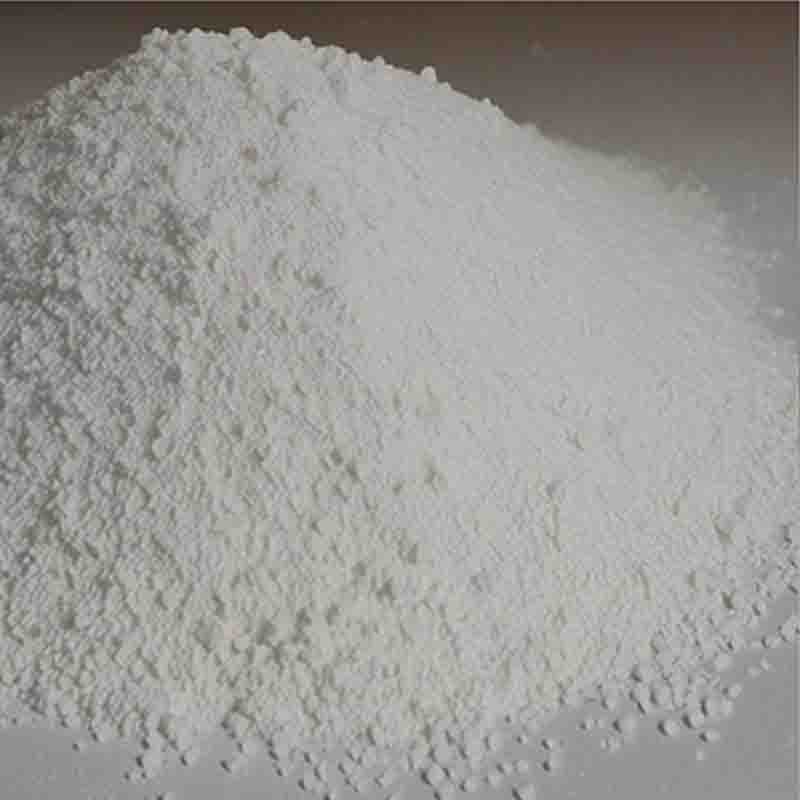1,2-Dimethyl-5-hydroxyindole-3-CarboxylateEthyl CAS:15574-49-9
| Catalog Number | XD95488 |
| Product Name | 1,2-Dimethyl-5-hydroxyindole-3-CarboxylateEthyl |
| CAS | 15574-49-9 |
| Molecular Formula | C13H15NO3 |
| Molecular Weight | 233.26 |
| Storage Details | Ambient |
Product Specification
| Appearance | White powder |
| Assay | 99% min |
1,2-Dimethyl-5-hydroxyindole-3-carboxylate ethyl, also known as DMHICE, is a chemical compound that belongs to the class of indole derivatives. It is a derivative of indole with an ethyl ester group and a hydroxy group attached to the aromatic ring. In this 300-word explanation, we will discuss the potential effects and benefits of 1,2-Dimethyl-5-hydroxyindole-3-carboxylate ethyl.One area of interest regarding DMHICE is its potential antioxidant activity. Antioxidants play a crucial role in protecting cells and tissues from oxidative stress, which can lead to various chronic diseases, including cardiovascular diseases, neurodegenerative disorders, and cancer. Research suggests that DMHICE may possess antioxidant properties, helping to neutralize harmful free radicals and reduce oxidative damage in the body.Furthermore, DMHICE has been found to exhibit anti-inflammatory effects. Chronic inflammation is associated with numerous health conditions, including arthritis, autoimmune disorders, and inflammatory bowel disease. Preliminary studies indicate that DMHICE may modulate inflammatory processes by inhibiting the production of pro-inflammatory molecules and promoting the synthesis of anti-inflammatory compounds. These findings suggest that DMHICE could have potential as a therapeutic agent for managing inflammatory diseases.The compound's effects on cellular proliferation and apoptosis have also been investigated. Some studies have shown that DMHICE can inhibit the growth of certain cancer cells and induce apoptosis, which is programmed cell death. These findings indicate that DMHICE may have potential as an anticancer agent and could be explored further for its therapeutic applications in cancer treatment.Additionally, DMHICE has been assessed for its potential neuroprotective properties. Neurodegenerative diseases, such as Alzheimer's and Parkinson's, are characterized by the progressive loss of neurons. Preliminary research suggests that DMHICE may have the ability to protect neurons against toxic insults and oxidative stress, potentially contributing to the prevention or slowing down of neurodegeneration.It is important to note that although the potential effects and benefits of DMHICE are promising, further research is needed to fully understand its mechanisms of action, optimal dosage, and potential side effects. Additionally, clinical trials on human subjects would be necessary to validate the compound's therapeutic potential. Nevertheless, given its various potential effects, DMHICE presents an interesting avenue for future research and exploration in the field of health and medicine.









